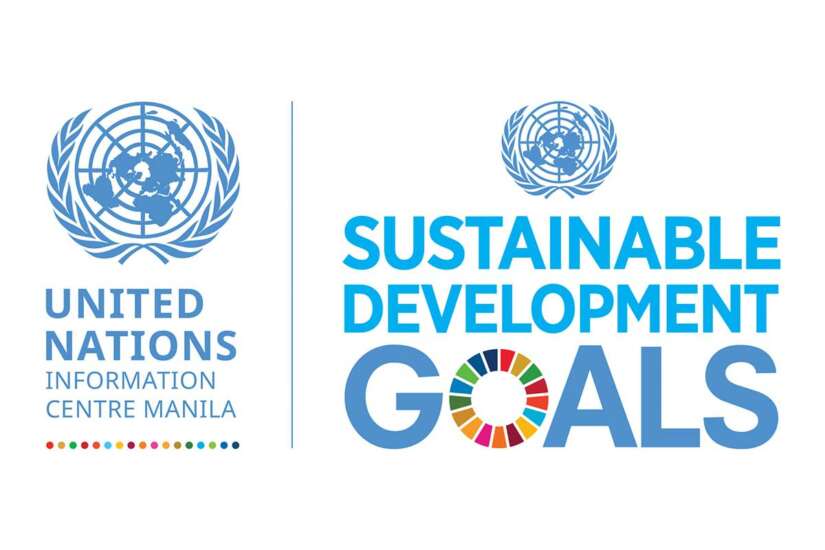The United Nations Office on Drugs & Crime (UNODC) kicked off the second localization workshop on Community and Service-Oriented Policing (CSOP) Framework for the Bangsamoro Autonomous Region of Muslim Mindanao (BARMM) on Wednesday, August 11, 2021. Key speakers from the UNODC, National Police Commission (NAPOLCOM) in BARMM, the Joint Peace and Security Commission (JPSC), the United Nations Development Programme (UNDP), and the United Nations Entity for Gender Equality and the Empowerment of Women (UN Women) as well as focus group discussions with key stakeholders.
UNODC supports the Ministry of the Interior and Local Government (MILG) of the BARMM in consulting the region’s civil society and local governments to develop and roll out a localized community policing framework. This framework considers the unique context of the Bangsamoro region while it aligns with international principles of community policing. It will be done across two whole-day sessions by gleaning insights from Local Government Unit (LGU) and Civil Society Organization (CSO) stakeholders regarding their vision, problem analyses, and work plans for implementing community policing in the region.
The event began with opening remarks from MILG Minister Naguib Sinarimbo, delivered by Director Marvin Mokamad, that emphasized the importance of empowering communities as partners and working with them to address their nuanced needs, challenges, and opportunities. UNODC Senior Policy Advisor Olivier Lermet in his Remarks acknowledged that beyond designing, the implementation of genuine community policing can be a challenge because of the many factors, especially in the context of the COVID-19 pandemic and the consequent lack of mobility. He encouraged the participants to forge ahead and actively participate, despite the limitations.
This emphasis on “community” and partnership being at the heart of community policing continued in the presentations which followed. Mr. Ekraj Sabur, UNODC’s Terrorism Prevention Officer, gave a presentation on the community-centric nature of CSOP, saying that “[CSOP] is all about communities: consultation with the communities, responding to communities, solving recurring problems, and mobilizing communities.” He explained that community and service-oriented policing is a strategy that entails doing four things: building police-community transparent partnerships and trust; collaborative problem-solving; proactively addressing local needs; and facilitating transformative early intervention and prevention.
This point was further fleshed out by case studies presented by UNODC’s Regional Consultant Thomas Samuel from countries such as Singapore and Malaysia. Mr. Samuel emphasized that diverse communities need diverse approaches, and that community support cannot be assumed: it must be won. He demonstrated that this can be done through non-law enforcement interactions between duty bearers and community members (such as sharing meals or having coffee sessions) to foster goodwill, trust, and openness.
The intersection of community policing with other aspects of community development was also a point of discussion. Riza Torrado of UN Women presented the findings of a study on the role and concerns of women in community policing in the BARMM. The study found that a top security issue for women are the safety and welfare of women, children and youth, and the family. Their concerns are mostly domestic and community-based, which are not “traditionally policeable”. Another important finding reinforces the need for community-oriented policing: communities rely on their local governments, community leaders and families and friends to help resolve security issues before raising them to policing authorities.
The plenary concluded with a presentation from Atty. Esmael Panda, Officer-in-Charge to the Office of the Assistant Regional Director of NAPOLCOM in BARMM, giving an overview of CSOP in relation to the NAPOLCOM mandate to govern police activities and further strengthen local government capability aimed towards the effective delivery of the basic services to citizens. Among the key strategies Atty. Panda identified were joint planning, supporting and empowering local leaders, improving service delivery, and equipping communities to manage change.
Upon closing of the plenary, participants were assigned into five smaller breakout sessions, with each workshop grouped according to provinces: Basilan, Lanao del Sur, Maguindanao, Tawi Tawi, and Sulu. The stakeholders’ discussion of the different needs, challenges, and opportunities of these specific communities continues until Thursday, August 12, 2021.

